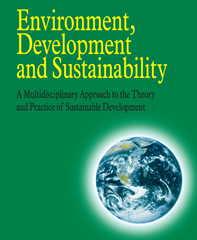
Unreliable Public Water Supply and Coping Mechanisms of Low-Income Households in Delhi
Working Paper No- 448
India is reported to have the world’s highest inhabitants without access to safe drinking water.Even in the capital city Delhi, although around 81% of the households have access to piped water supply system, it does not indicate reliability in water supply in terms of quantity or quality. Households adopt various coping mechanisms such as collecting, purchasing, storing, and treating of water to cope with the unreliable and irregular water supply. In this study a household survey was conducted to examine the coping mechanisms and the costs incurred by some low-income households, residing in the command area of the Chandrawal water treatment plant in Delhi. There have been numerous occasions leading to irregularity or disruption in water supply due to planned works, plant operational problems, or high levels of ammonia in the Yamuna River, the source of raw water to this plant. The quantitative and qualitative problems related to unreliable water supply were investigated. The results indicate that, on an average, the annual coping cost to the households is INR 6487 (US$ 93), which is approximately 2.52% of their annual income. Income seems to play a strong role in the choice of coping activities adopted by the households.
Find on this page
Contact Us
Institute of Economic Growth, University Enclave, University of Delhi (North Campus),
Delhi 110 007, India
contact-us@iegindia.org
+91-11-27666364/6367, 27667101/7288/7365/7424
+91-11-27667410




